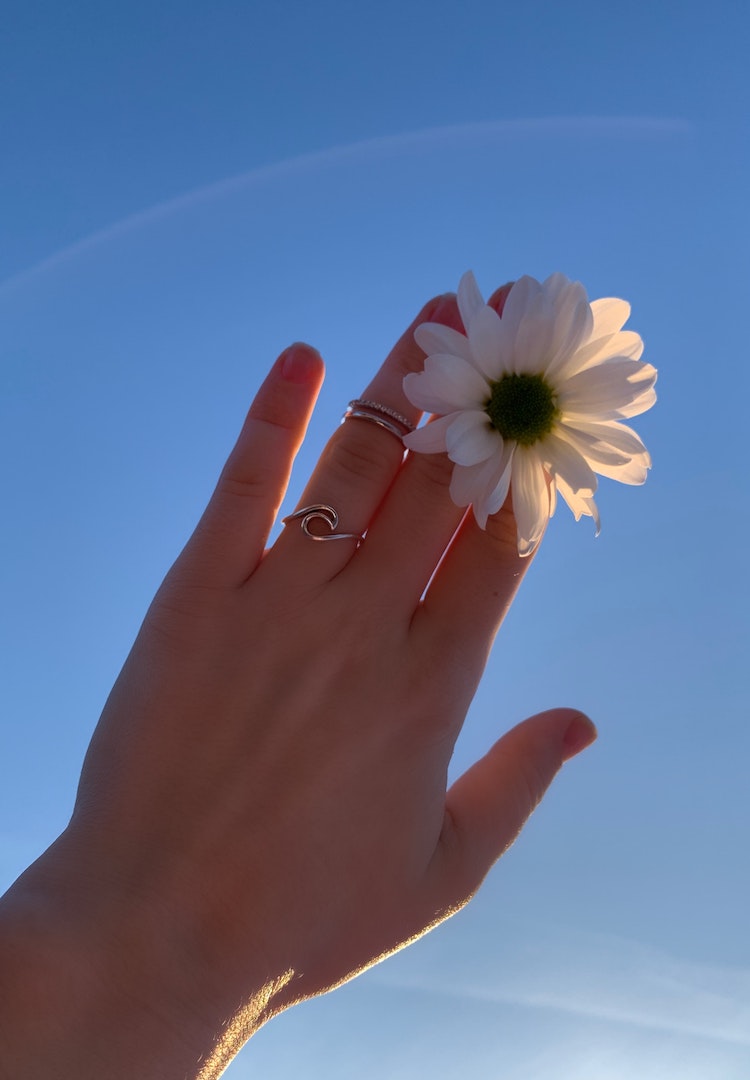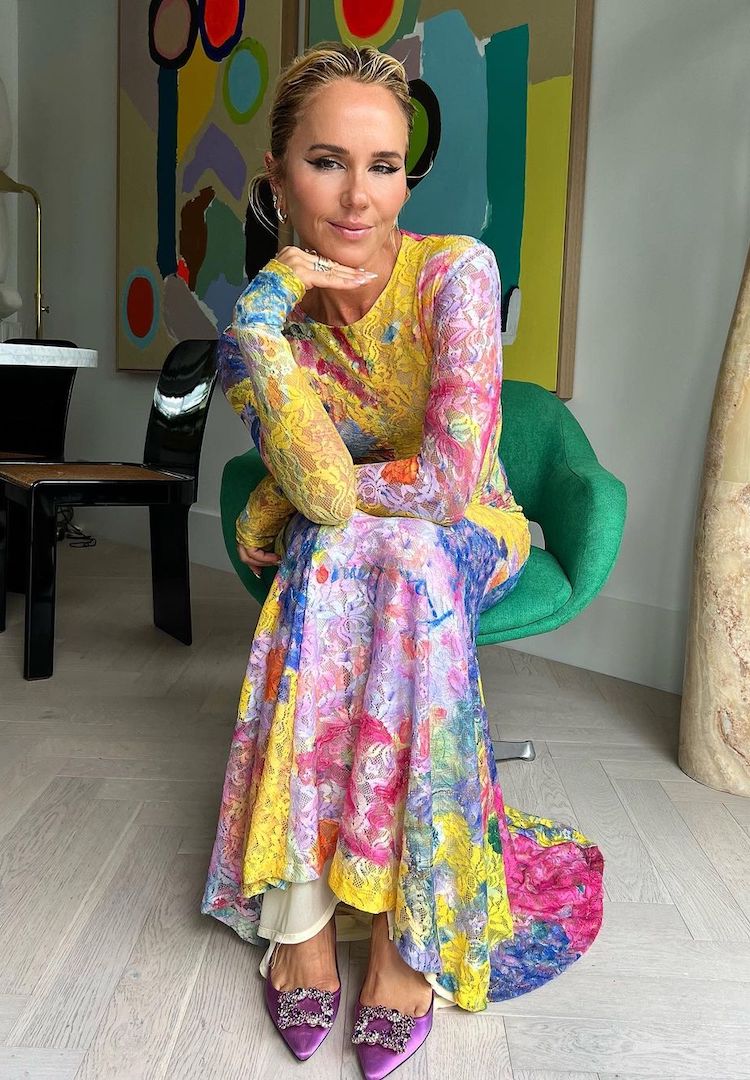How to stand out as an intern, according to an intern
PHOTOGRAPHY BY NIKOLA DUKIC
Words by Olivia Hart
It’s not like The Devil Wears Prada, but sometimes it is.
The path to a perfect career is typically littered with detours and missteps, whatever field you choose. If your dreams are of being a professional creative, then the path is more of a long, winding and disappearing road.
Carving out a career is tricky in the early stages of a post-university world, and while university is useful and wonderful for most, it can’t possibly equip you for every job role and skill required. That’s where internships come in.
For more useful advice, try our Life section.
After doing a post-graduate certificate in journalism I decided not to continue on with the Masters in favour of interning. While my objective was to save myself a lot of money, I also hoped some real-life experience would provide some clarity.
It’s easy to get caught up chasing an idea of what your future ‘should’ look like so taking a step back from that to intern gave me the chance to ‘try on’ jobs and see if that future was something I even wanted.
Interning has been the magical bridge between student and worker for me, and there is no better place to know next to nothing than in an internship. My editors have been just like teachers, offering their time to help me learn and improve. So before you start looking for a job, consider an internship. Here are some handy tips on how to get one and make the most of it.
There’s no right time to intern
First of all, it’s good to note that everyone interns at different times. Some people intern at university, while others wait for their schedule to free up. So don’t stress yourself out before you start by feeling like you’re behind. You’re in the most junior position possible which means you’re there to learn, no one expects you to have any experience.
If you’re a student and don’t know where to start, ask your teachers!
I can’t stress enough how useful tutors and lecturers are for giving insight into the professional world. By simply asking them the who, what, when, where and how of interning, you’re steps ahead of others trying to go it alone.
Look at LinkedIn for inspiration
LinkedIn is an underused resource as far as I’m concerned. Browsing LinkedIn, I came across so many people my own age who were either currently interning or had previously interned and turned their experience into jobs. Seeing how other creatives build their careers is always a helpful way to decide how to build your own.
Do not make any spelling mistakes in your cover letter
A simple but very important rule. Asking someone to proofread it will fix this right up, or download Grammarly if you’re a serial mistake-maker.
Don’t apply just anywhere
It will show in your interview if you want to be there or not, so start by sourcing out places that you’re already a fan of. If you’re a journalist, pick publications that you genuinely read. If you’re a publicist, find companies you really like and see who does their PR. Knowing the content means you’re more likely to be a good fit.
Find the best person to contact and email them
Interning is different everywhere; some businesses have intakes at certain times of the year and others are always hiring. It’s a lot better to take a chance and send a personal email to the places you want to work rather than waiting for an internship opportunity to pop up. So find the best contact to email and sell yourself. You’d be surprised how far enthusiasm gets you.
Put effort into the interview
Dress smart casual, arrive five minutes early and come prepared. Think over what questions they’re likely to ask you and what you want them to know most about you.
Do your research
It pays to know the company well before you commence your internship. You have to be familiar with their values, their past work, their current work and everything in between. Even if you don’t use all the information you learned in your research, it will make you feel more prepared.
It’s very likely you’ll be asked in the interview what you think of the company interviewing you. This is a good test for them to see if you’re passionate about their brand and not just after any old position.
Now that you have the internship, pay attention and be proactive
It’s easy to fade into the background and just do what you’re told but try and be proactive, say yes to any opportunities offered, learn what everyone in the office does, volunteer to do particular tasks and pay attention. Sit in on meetings, go to shoots and see what other employees are creating.
The more you know about how the office operates the more valuable you become. If you know the ins and outs of everyone else’s jobs by doing all the bottom-feeder work for everyone, you’ll likely have the most thorough knowledge of how the company operates day-to-day.
Be your own cheerleader
Being an intern is like being a helper. Most places are not there to prioritise your career goals, so if you see a gap where you could offer up something unique then it’s up to you to chase it.
Don’t take it all too seriously
It’s important to know that no one expects the world of you, they know you have no experience! You’re there to learn, so mistakes will be made. If you’re feeling stressed, gently remind yourself that you’re only there to try out the job.
Ask for an exit interview
It’s good to end your internship with a debrief. Ask what they think you need to improve on and for industry advice. It’s hard to know what’s next when an internship finishes, so getting advice from someone in a job you might one day want is kind of the best part.
Don’t over-intern
Somewhere between one and three internships is the sweet spot, any more than this and you’re probably overdoing it. If you’ve exhausted the learning opportunities, then don’t do it for free anymore.
For tips on creating a LinkedIn profile that stands out, head here.










